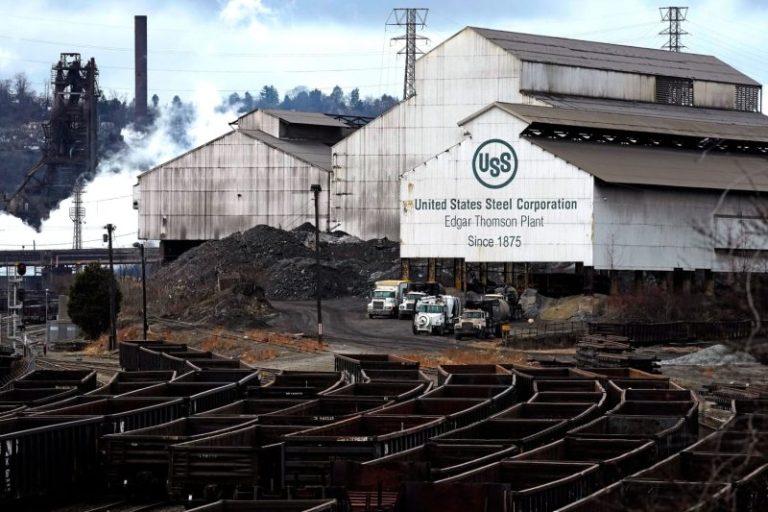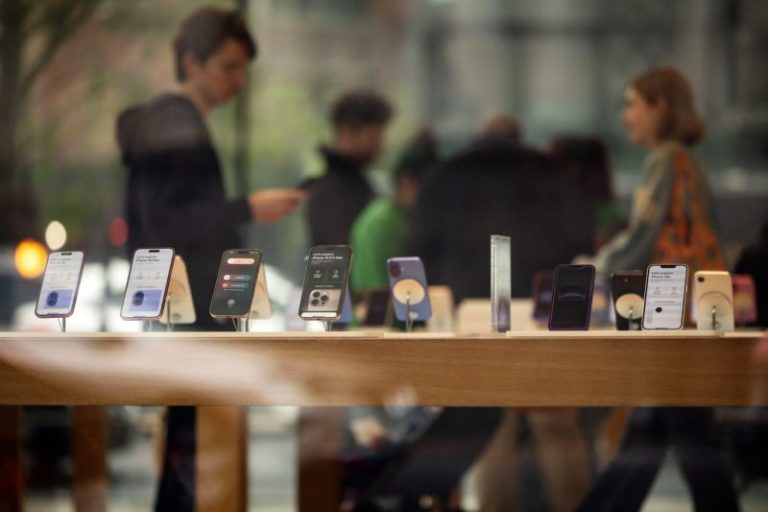President Donald Trump on Friday cleared the merger of U.S. Steel and Nippon Steel, after the Japanese steelmaker’s previous bid to acquire its U.S. rival had been blocked on national security grounds.
“This will be a planned partnership between United States Steel and Nippon Steel, which will create at least 70,000 jobs, and add $14 Billion Dollars to the U.S. Economy,” Trump said in a post on his social media platform Truth Social.
U.S. Steel’s headquarters will remain in Pittsburgh and the bulk of the investment will take place over the next 14 months, the president said. U.S. Steel shares surged more than 20% to close at $52.01 per share after Trump’s announcement.
Pennsylvania Gov. Josh Shapiro applauded the agreement, saying he worked with local, state and federal leaders ‘to press for the best deal to keep U.S. Steel headquartered in Pittsburgh, protect union jobs, and secure the future of steelmaking in Western Pennsylvania.’
In his own statement, Lieutenant Gov. Austin Davis called the announcement ‘promising,’ but added: ‘I want to make sure everyone involved in the deal holds up their end of the bargain. I look forward to seeing the promised investments become a reality and the workers receive everything they’ve fought for.’
President Joe Biden blocked Nippon Steel from purchasing U.S. Steel for $14.9 billion in January, citing national security concerns. Biden said at the time that the acquisition would create a risk to supply chains that are critical for the U.S.
Trump, however, ordered a new review of the proposed acquisition in April, directing the Committee on Foreign Investment in the United States to determine “whether further action in this matter may be appropriate.”
Trump said he would hold a rally at U.S. Steel in Pittsburgh on May 30.



